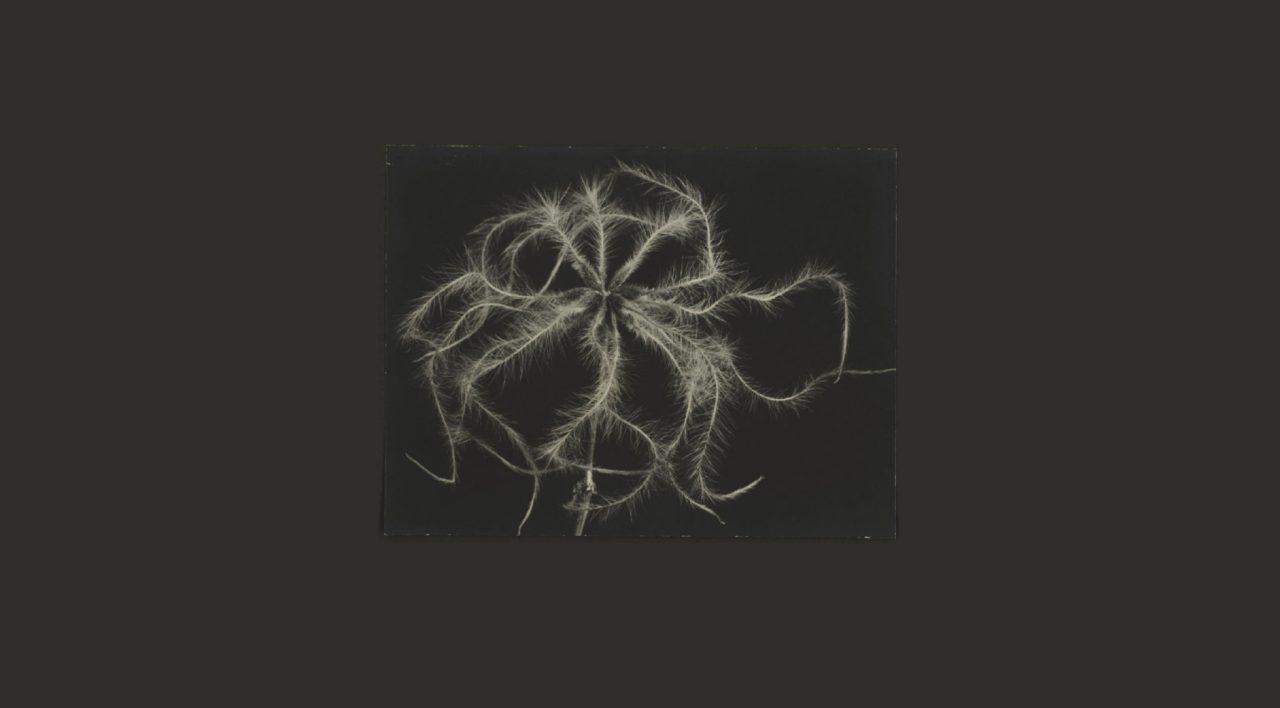Gardens of Empire
{{ time.start_TS | TS2dateFormat('MMM') }}
{{ time.start_TS | TS2dateFormat('YYYY') }}
| Event in English with simultaneous translation into German |
| Duration: 90 min |
| English, German |
| Part of: 99 Questions |
Live Stream
‘Gardens of Empire’ is a digital conversation on the colonial legacy of the (natural) sciences and its pervasive manifestations in museums, archives, and collections. Thinking through plants, herbariums, gardens, specimens, and with extractive zones and social ecologies, the conversation will look at the entanglement of knowledge production and colonial extractivism. Lectures and conversations by Ana María Gómez López and Minakshi Menon with moderation by Yolanda Rother.
As places of knowledge production and extraction, colonial collections (botanical, natural, or ethnographic) have shaped ways of living with humans and non-humans. Central to this have been the classificatory systems that emerged through the modern/colonial apparatus of the (natural) sciences and that continue to claim universality and objectivity. They therefore reflect a Eurocentric ‘planetary consciousness’ (Mary Louise Pratt) that not only serves a specific regulatory episteme but also enabled the corporal and material exploitive conditions of (neo)colonial extractivism in the Anthropocene. In their underbelly lies the idea of ‘nature’ as a detached and de-subjectivized object of study, to which relations are violently gendered and racialized.
Against this backdrop, the conversation will tentatively formulate thoughts on how these collections can be read (against)? What are the possibilities of redress in times of ecological crisis?
This panel discussion is the first of a two-part conversation. On March 21st, Malcom Ferdinand and Jason Allen-Paisant will continue the conversation on the topic of (de)colonial ecology.
Note: The lecture by Macarena Gómez-Barris is postponed to a later date.
Podium
Macarena Gómez-Barris works at the intersections of the visual arts, the environmental media humanities, and decolonial theory and praxis. Her books include “Where Memory Dwells: Culture and State Violence in Chile” (UC Press, 2009), “The Extractive Zone: Social Ecologies and Decolonial Perspectives” (Duke University Press 2017) and “Beyond the Pink Tide: Artistic and Political Undercurrents in the Américas” (UC Press, 2018).
Macarena is Founding Director of the Global South Center at Pratt Institute, She was recently awarded a 2022 Andy Warhol Curatorial Research Grant for the exhibition to accompany her forthcoming book At the Sea’s Edge from Duke University Press.
Minakshi Menon is a member of Research Group Krause at the Max Planck Institute for the History of Science, Berlin, where she leads a Working Group, Hortus Indicus Malabaricus: the Eurasian Life of a Seventeenth-Century “European” Botanical Classic. She was educated entirely in India before receiving a Ph.D. in History (Science Studies) from the University of California San Diego.
Menon’s Working Group studies the plant descriptions and illustrations in the 12-volume Dutch herbal, the Hortus Indicus Malabaricus (1678-1693), in order to understand the “botanical” knowledge-making practices of Dutch colonists, Brahmin and Ezhava physicians, and other groups in the Malayalam-speaking parts of early-modern southwest India. In addition, the project examines efforts to decolonize the knowledge contained in the Hortus Malabaricus by Indian botanists and historians today; and the growing public movement in the Indian state of Kerala to claim its knowledge as the cultural property of the Ezhava community.
Menon is currently working on a book manuscript titled Empiricism’s Empire: Natural Knowledge Making, State Making and Governance in East India Company India, 1784-1830. She has edited a special issue of the journal, South Asian History and Culture (2022), on “Indigenous Knowledges and Colonial Sciences in South Asia”, “Indigenous Knowledges and Colonial Sciences in South Asia”.
Ana María Gómez López is an interdisciplinary artist, researcher, and educator. Her projects use botanical specimens, prosthetic implants, lens-based media, and recorded sound to explore the shifting boundaries between humans and their natural environment, often in relation to archival research in the history of the life sciences.
Her work has been exhibited at the deCordova Sculpture Park and Museum, Fonds d’art contemporain Genève, Universiteitsmuseum Utrecht, Rijksmuseum Boerhaave, and Rencontres Internationales Paris/Berlin, among others. Ana María was part of the Mutations Theme Group at Akademie Schloss Solitude in 2020-2021, and has been a resident artist at the Rijksakademie van Beeldende Kunsten, Cité internatonale des arts, and the Skowhegan School for Painting and Sculpture. She has held fellowships at the International Institute for Social History, the Osler Library for the History of Medicine, the Beinecke Rare Books and Manuscripts Library, and the Max Planck Institute for History of Science, where she is a member of the Animal Mobilities Working Group (Department III). She is currently a tutor at the Sandberg Institute in Amsterdam and is working on the Spanish translation of “The Colombia Reader: History, Culture, Politics” (Duke University Press, 2017), co-edited with Ann Farnsworth-Alvear and Marco Palacios.
Yolanda Rother is the member of the Board for Europe at the Stiftung Zukunft Berlin and is co-founder of The Impact Company, a consulting firm for diversity and inclusion. She moderates and speaks on topics related to digital society, politics, diversity and sustainability. As a Berlin native with German-Jamaican roots, she is a graduate (Master of Public Policy) of the Hertie School of Governance and has lived in Brazil, France and the United States.
